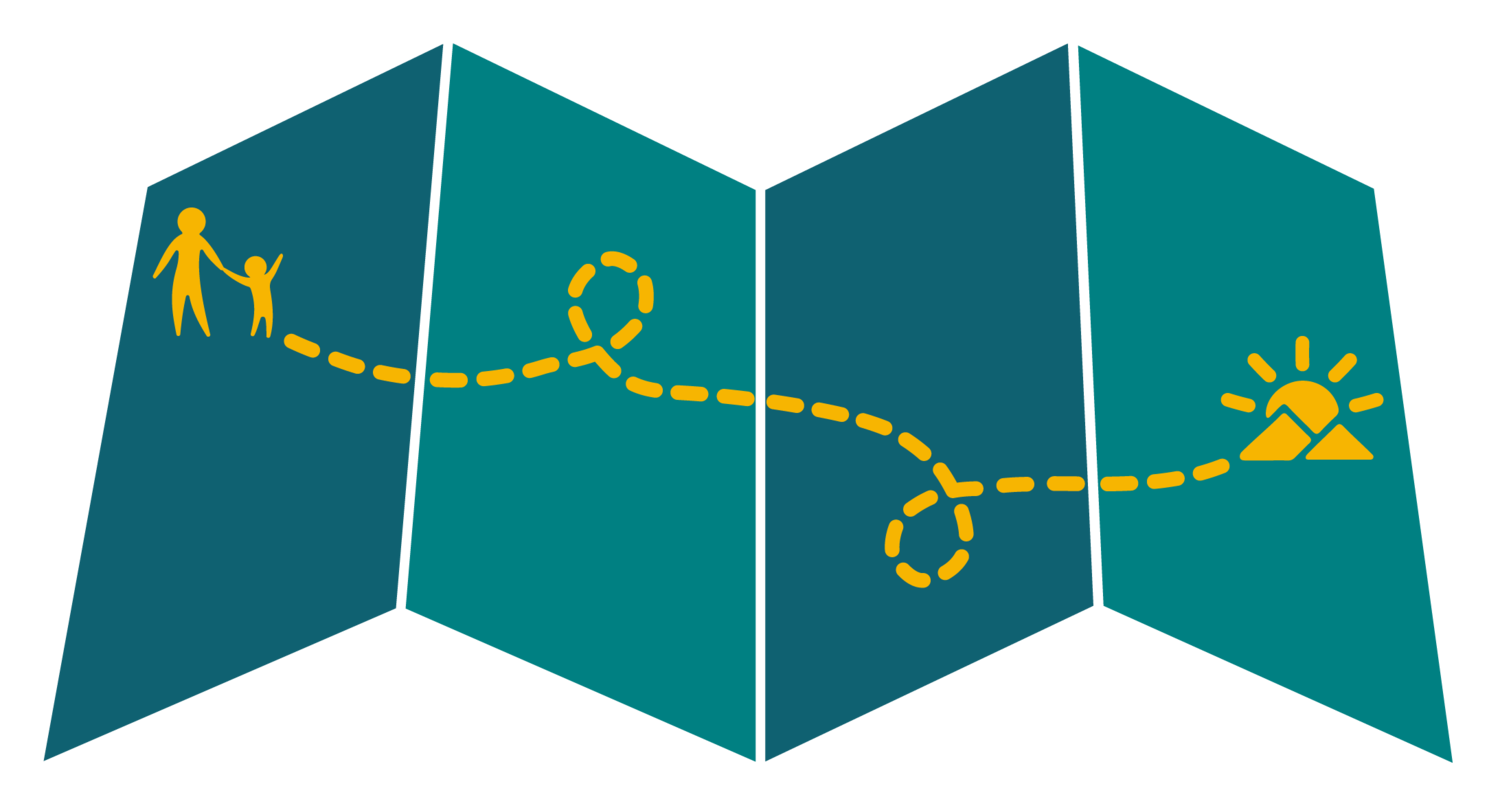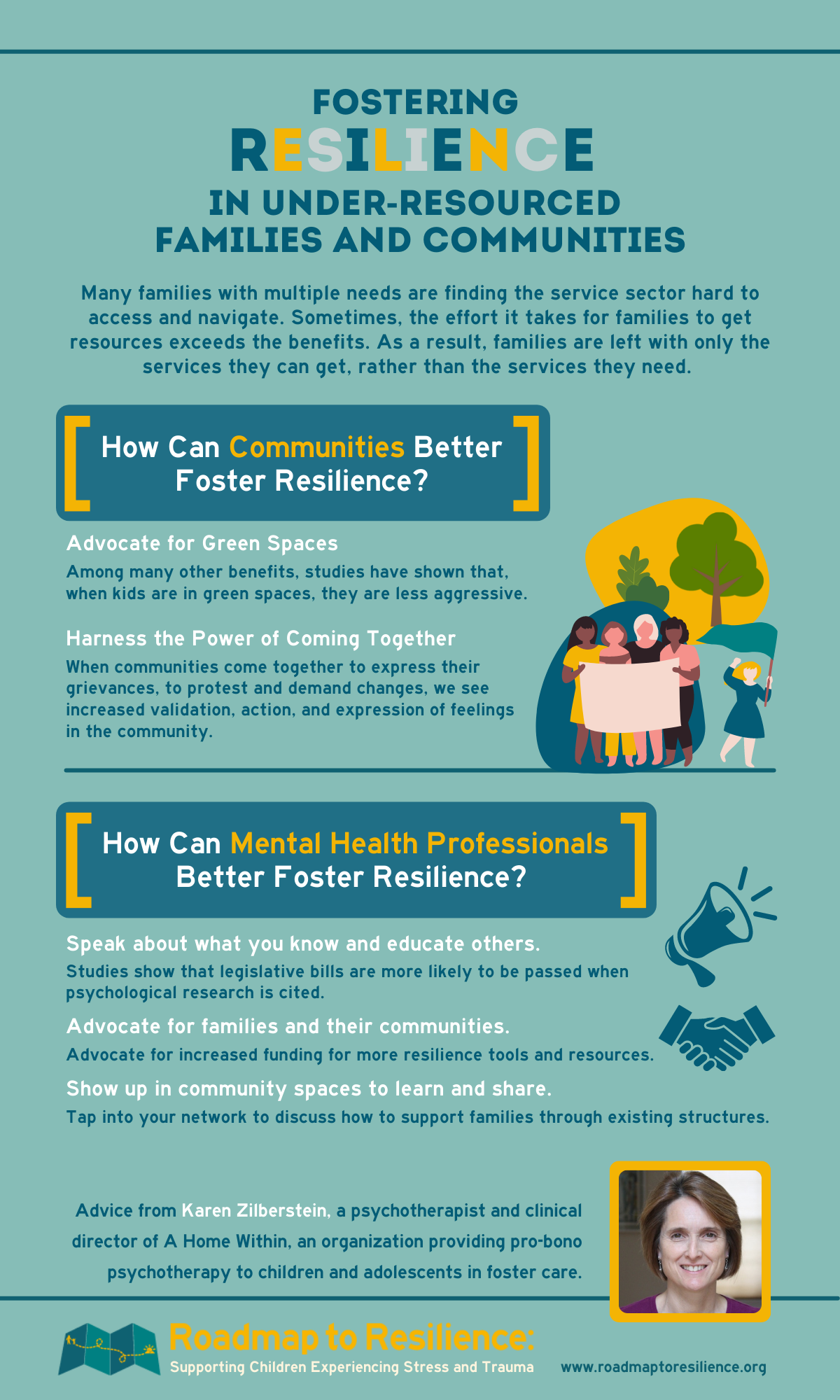Karen Zilberstein

Karen Zilberstein, LICSW is a practicing psychotherapist and Clinical Director of the Northampton, Massachusetts chapter of A Home Within. A former Adjunct Professor for 12 years at Smith College School for Social Work, she has published numerous journal articles on child therapy, parenting interventions, the treatment of foster and adopted children, attachment, complex trauma, and disabilities. She has also co-authored a children’s book, Calming Stormy Feelings: A Child’s Introduction to Psychotherapy. Her narrative nonfiction book, Parents under pressure: Struggling to raise children in an unequal America, won two 2019 Next Generation Indie Book Awards.
Featured In…
During safety overviews before a flight, we’re instructed to put on our own oxygen masks first before assisting others. In the same way, as professionals and parents, we have to take care of ourselves before we can continue to care for the children in our lives. To close out this audio series, we’ll hear from several guest experts on what they do to support their own well-being as trauma-care providers.
With our guest experts, we discuss why we need policies that support trauma-informed training and care and what’s at stake if we don’t. We’ll hear from guest experts speaking to specific policy needs in contexts such as medical care, mental health, and online spaces.
Ultimately, we’ll discuss the foundational need for these laws and policies to be rooted in the community. Whether we’re legislators, policymakers, advocates, or just community members with a voice and a vote, we can work to ensure our laws and policies support the resilience of children in all of our communities.
Communities and collective action are vitally important in maintaining and strengthening our mental health and resilience. In this episode, we hear from several experts on the essential role communities play in fostering resilience in children who experience stress and trauma.
As a parent, supporting your child day-in and day-out is a lot of work -- especially if your child has experienced or is experiencing stress and trauma. Our guest experts speak to the big and small ways parents and caregivers can help foster resilience in children.
Now that we’ve examined key concepts to understand the many ways that children experience trauma -- and the many ways that they and their families are resilient, it’s time to get a bit more practical. How can we as mental health providers help foster resilience in children? Plus, hear from trauma-care providers what you can expect if you’re looking for trauma-informed therapy for yourself or your child.
No child exists in a vacuum. And the stress or trauma they experience doesn’t either. All of our individual behaviors, mindsets, and experiences are intertwined with our cultural contexts -- that is, the customs, language, geography, politics, and beliefs that shape our lived experiences. In this episode, you’ll hear from several guest experts who speak to the importance of recognizing cultural influences such as mental health stigmas, faith and spirituality, and country of origin when providing trauma-informed care.
Through the intersecting lenses of advocacy, mental health care, medical care, and criminology, five guest experts help us explore trauma prevention strategies that make it possible to not only treat the after-effects of trauma but to help protect children from experiencing trauma from the earliest days of their lives all the way into adolescence.
Resilience is the main subject of this audio series, but what is it exactly? There are actually a lot of different definitions, and the concept of resilience is a bit controversial among experts in mental health and trauma spaces. In many ways, resilience is just as complex as trauma. So, in this episode, we’ll hear from several experts on their opinions about children’s and families’ resilience, what it is, and where it comes from.










